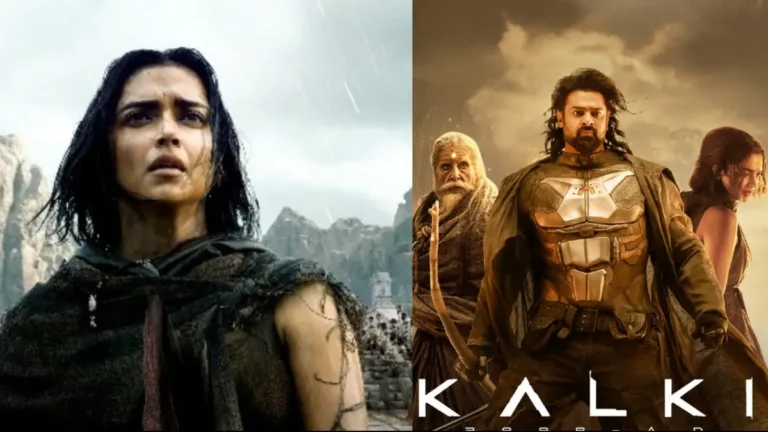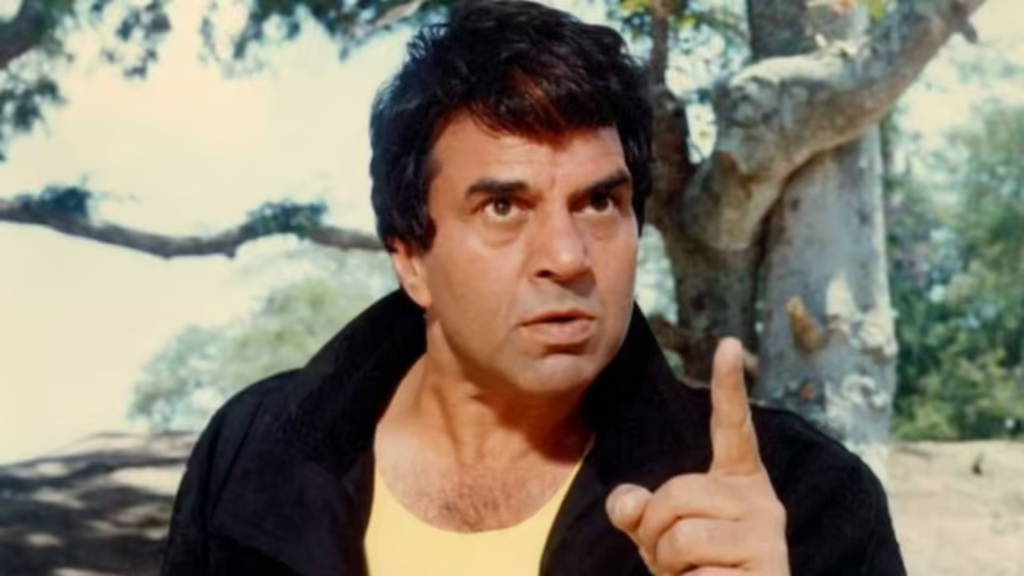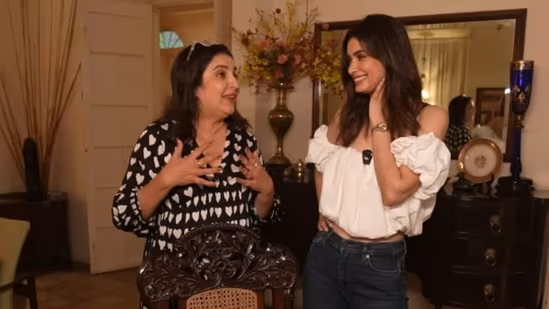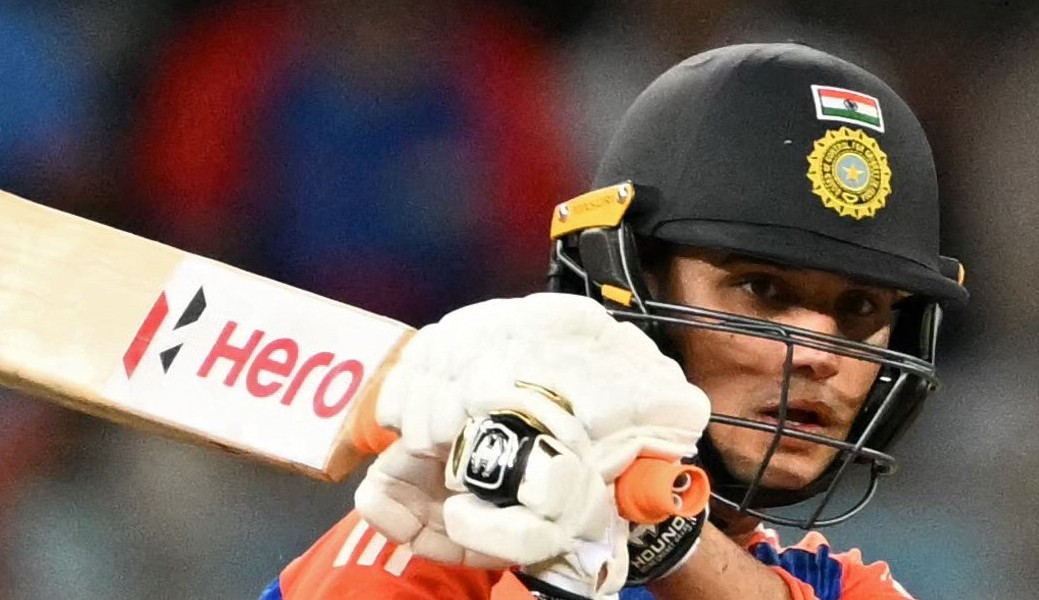Now Reading: Deepika Padukone’s Exit from ‘Kalki 2898 AD’ Sequel Sparks Industry Debate
-
01
Deepika Padukone’s Exit from ‘Kalki 2898 AD’ Sequel Sparks Industry Debate
Deepika Padukone’s Exit from ‘Kalki 2898 AD’ Sequel Sparks Industry Debate

Bollywood actress Deepika Padukone’s recent departure from the sequel of Kalki 2898 AD has ignited discussions within the film industry. The production house, Vyjayanthi Movies, announced her exit, citing “lack of partnership and commitment” as primary reasons. This decision follows her earlier exit from another project, Spirit, directed by Sandeep Reddy Vanga.
Alleged Demands and Industry Reactions
Reports suggest that Deepika requested a 25% increase in her remuneration compared to the first installment of Kalki 2898 AD. She also reportedly sought to limit her daily shooting hours to seven and requested accommodations for an entourage of approximately 25 people. These demands, particularly for a VFX-intensive project, were deemed unfeasible by the producers.
In the wake of these developments, fellow actresses Bhumi Pednekar and Tabu have expressed their views. Bhumi, who has previously spoken out about pay disparity in the industry, reportedly “liked” a social media post discussing Deepika’s exit, indicating her stance on the matter. Tabu, known for her professionalism, has yet to publicly comment on the situation.
Industry Perspectives on Professionalism and Pay Equity
The incident has brought to light ongoing discussions about professionalism and pay equity in Bollywood. Bhumi Pednekar has openly addressed the issue of pay disparity, revealing instances where she was offered significantly less than her male counterparts. Her advocacy for equal pay and recognition highlights the challenges faced by actresses in the industry.
Conclusion
Deepika Padukone’s exit from the Kalki 2898 AD sequel underscores the complexities of balancing artistic commitments with professional expectations in the film industry. As the industry continues to evolve, discussions about professionalism, remuneration, and the treatment of artists remain pertinent, reflecting broader societal conversations about equity and respect in the workplace.

























